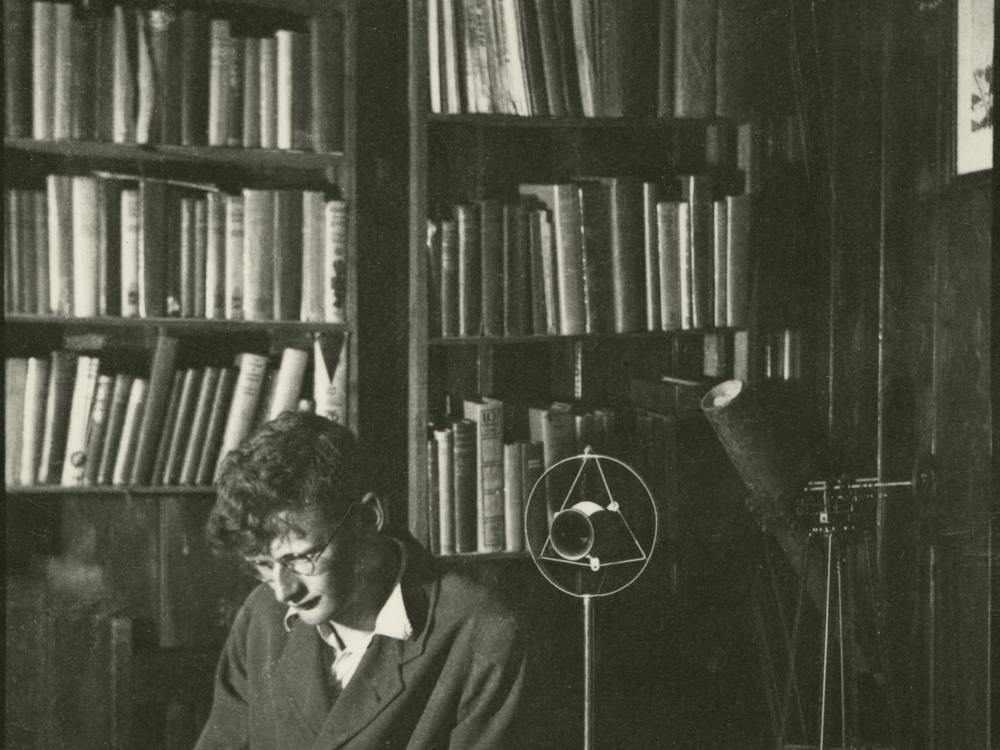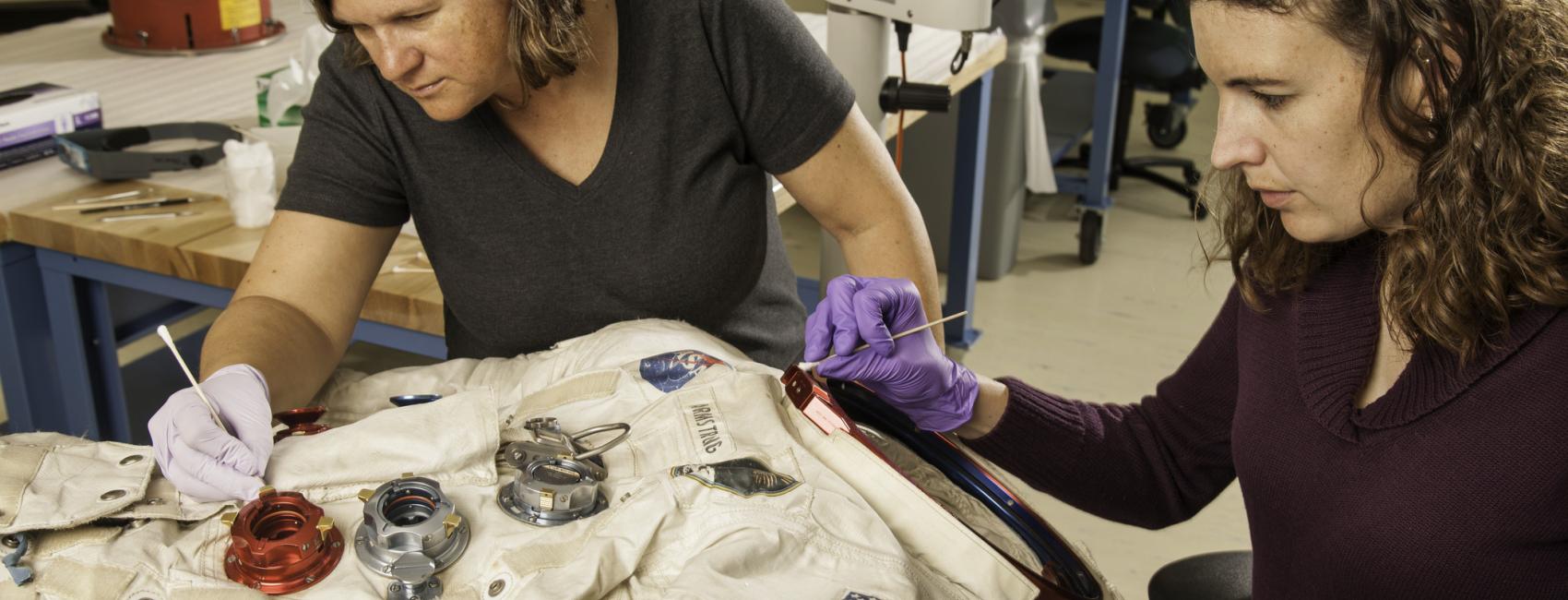
Arthur C. Clarke Collection of Sri Lanka Now Publicly Available
Feb 24, 2016
By Martin Collins and Patti Williams

Feb 24, 2016
By Martin Collins and Patti Williams
Almost a year ago, the Museum announced that it had acquired papers and artifacts of Arthur C. Clarke (1917-2008), renowned science fiction author and futurist. Now we can share that the Archives has completed processing the collection and it is open for research. As we discussed in blogs last year, Clarke was a seminal figure of the 20th century, with his influence still evident in today’s science fiction literature; in the continuing, lively cultural interest in futurism; and, of course, in movies. His collection does what we hope for from any collection of a well-known, highly accomplished individual: to see into his or her processes of creativity and the network of family, friends, and peers that shaped their world.
For Clarke, too, such shaping was about place: of the countries he called home, Great Britain and Sri Lanka, as well as his strong personal and business attachments to the United States. Not least, though, was his perception and those of others that he was a citizen of a global world, in the throes of rapid change from advances in science, technology, and space exploration. His entire work life was aimed at grappling with the fact and meaning of this change. The collection, thus, provides a robust, multi-dimensional portrait of Clarke and his time period. As can be seen in the finding aid, the collection is particularly rich in correspondence (especially after 1960); book, short story, and article manuscripts; and photographs. In combination, these materials provide substantial insight into both his professional and private life.
In one of his oft-quoted aphorisms, Clarke offered, “I don't pretend we have all the answers. But the questions are certainly worth thinking about.” This rich collection captures his pursuit of the questions he saw as central for his time, done in his inimitable style with unfailing wit, optimism, and humanity. The Museum is proud to be stewards of this legacy that will benefit researchers for years to come.

We rely on the generous support of donors, sponsors, members, and other benefactors to share the history and impact of aviation and spaceflight, educate the public, and inspire future generations. With your help, we can continue to preserve and safeguard the world’s most comprehensive collection of artifacts representing the great achievements of flight and space exploration.
We rely on the generous support of donors, sponsors, members, and other benefactors to share the history and impact of aviation and spaceflight, educate the public, and inspire future generations. With your help, we can continue to preserve and safeguard the world’s most comprehensive collection of artifacts representing the great achievements of flight and space exploration.